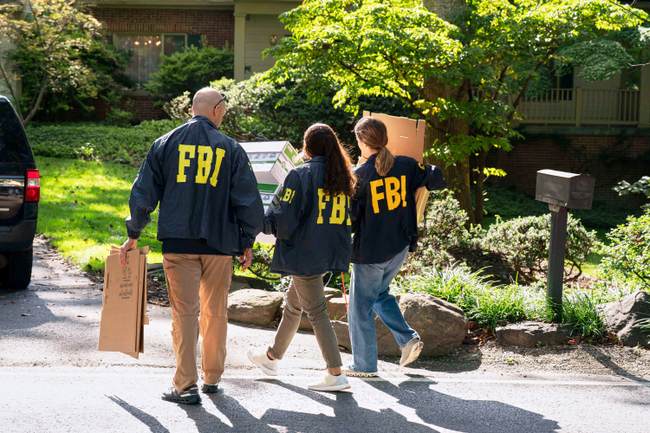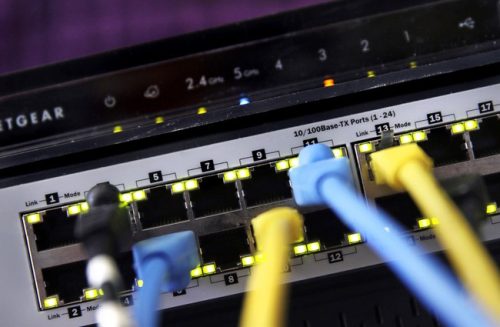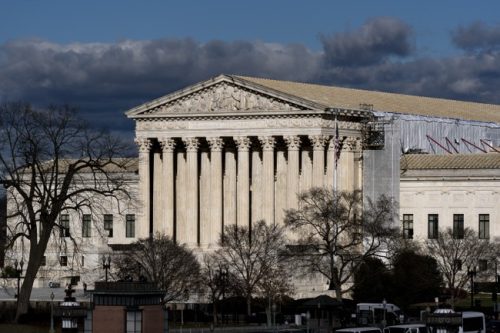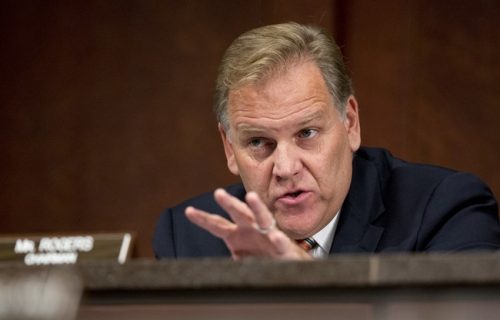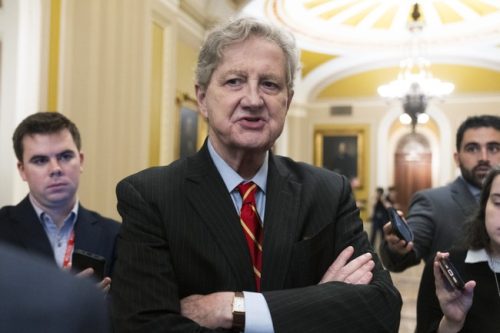A federal jury found Ji Wang guilty of multiple counts tied to economic espionage and theft of trade secrets after stealing sensitive DARPA-backed fiber laser research from Corning; the case exposes risks from foreign talent recruitment programs and underlines a focused law-enforcement response to technology theft that threatens U.S. national security.
Ji Wang, 63, of Painted Post, N.Y., was convicted on two counts of economic espionage, one count of theft of trade secrets, one count of attempted economic espionage, and one count of attempted theft of trade secrets. Around July 1, 2016, he removed hundreds of non-public files produced during the DARPA project, including trade-secret manufacturing technology that could enable fabrication of specialty optical fibers used in fiber lasers.
Wang came to the United States in 1998 to work for Corning Incorporated and from 2002 to 2007 was assigned to a joint research and development effort funded by the Defense Advanced Research Projects Agency and Corning. The 5-year, $11.4 million program sought to boost fiber-laser power by more than a factor of 1000 so the technology could be used for both military and commercial purposes, including DARPA’s goal of developing lasers capable of shooting down drones and missiles.
Federal prosecutors emphasized the breach of trust and the national-security stakes. “Yesterday, a federal jury found Wang guilty of stealing sensitive defense research from his employer and attempting to use it to pursue personal profit at the expense our national security,” said Assistant Attorney General for National Security John A. Eisenberg. That language underlines the deliberate nature of the conduct and its consequences.
Investigators tied Wang’s actions to outside incentives that aligned with China’s talent recruitment strategies. Ten days before taking the files, Wang applied for China’s Thousand Talents Plan Award, an initiative designed to lure China-born scientists and technologists back with promises of large investments, and two months after the theft he was selected to receive that award.
Evidence presented at trial showed Wang negotiated with Chinese government entities from at least 2014 through 2017 to start a specialty fiber business in China, seeking tens of millions of dollars and offering those entities shareholder stakes. He also promoted the military utility of the stolen technology in business plans, saying specialty fibers “can also be installed on military vehicles,” including “tanks,” and claiming such use could “be key to deciding victory or defeat.”
Law enforcement moved before Wang could exploit the stolen work overseas. “Mr. Wang stole sensitive technology that Corning, Inc. and DARPA spent millions of dollars developing so he could line his own pockets and help our adversaries undermine U.S. national security,” said Assistant Director Roman Rozhavsky of the FBI’s Counterintelligence Division. That assessment connects corporate research theft directly to broader geopolitical risk.
The case was investigated by Special Agents of the Federal Bureau of Investigation under the direction of Special Agent in Charge Philip Tejera, and by Special Agents of the Department of Commerce, Office of Export Enforcement, New York Field Office, under Special Agent in Charge Jonathan Carson, with additional assistance from Homeland Security Investigations in Detroit. Prosecutors from the Western District of New York and trial attorneys from the Counterintelligence and Export Control Section handled the case at trial.
Officials emphasized ongoing efforts to stop unlawful transfers of critical technologies. “The Bureau of Industry and Security remains committed to working alongside our law enforcement and industry partners to prevent the unlawful transfer of sensitive technologies,” said Jonathan Carson, Special Agent-in-Charge of the New York Field Office of the Department of Commerce Bureau of Industry and Security, Office of Export Enforcement. That promise reflects a coordinated federal posture against illicit foreign acquisition of U.S. innovation.
Economic espionage carries a maximum penalty of 15 years in prison and theft of trade secrets carries a maximum sentence of 10 years. Sentencing for Wang is scheduled for April 15, 2026, at 2:00 p.m. before U.S. District Judge Frank P. Geraci, Jr., who presided over the trial.

